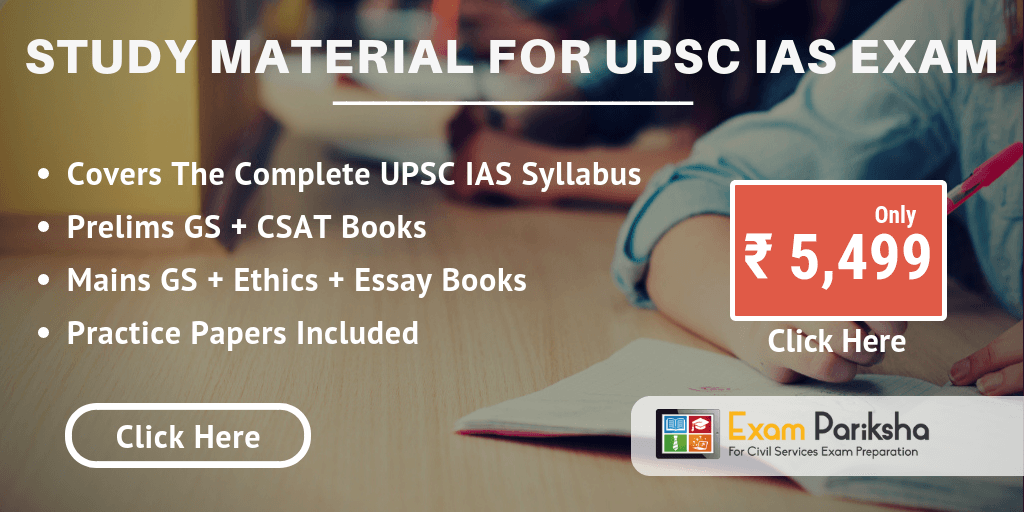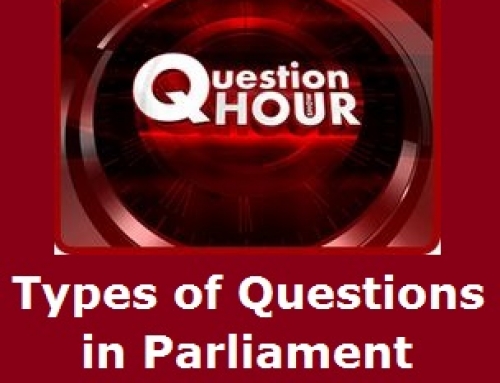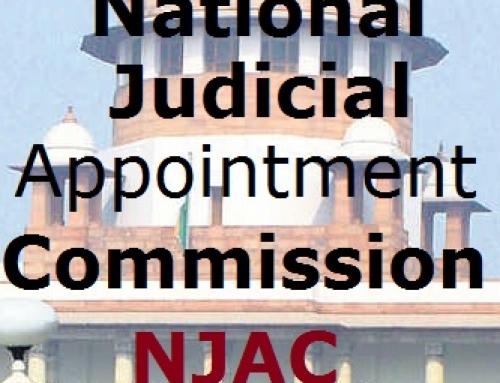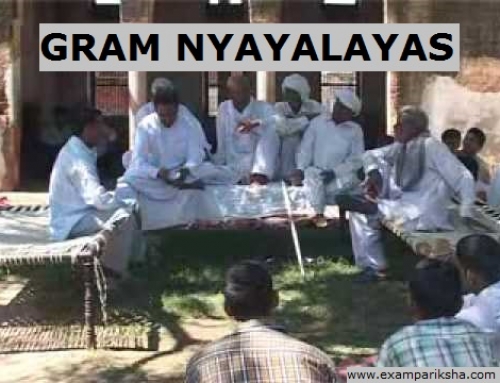Very often terms like- ‘contempt of house’, ‘breach of privilege’, ‘legislative immunity’ – are used in relation to proceedings of the legislative arm of the government in State or the Union. These are related with the concept of parliamentary privilege.
Parliamentary privilege refers to rights and immunities enjoyed by Parliament as an institution and MPs in their individual capacity, without which they cannot discharge their functions as entrusted upon them by the Constitution.
In other words, the expression “privilege and immunity” signifies certain special or exceptional rights of Legislators which are generally accepted as necessary for the exercise of their constitutional functions.
Classification of Privileges:
The Privileges and immunities enjoyed by the members individually are:
- Freedom of speech
- Freedom from arrest during session
- Exemption from attendance as jurors and witnesses.
The privileges collectively enjoyed by the House are :
- The right to publish debates and proceedings: Though by convention, the Parliament does not prohibit the press to publish its proceedings, yet the House has the right to forbid such publication.
- The right to exclude strangers: Each House of Parliament enjoys the right to exclude strangers (no-members or visitors) from the galleries at any time and to resolve to debate with closed doors.
- The right to punish members and outsiders for breach of its privileges: In India, the Parliament has been given punitive powers to punish those who are adjudged guilty of contempt of the House. Such contempt can be committed by the members of any House or any outsider.
- The right to regulate the internal affairs of the House: A member of the House is free to say whatever he likes subject only to the internal discipline of the House or the Committee concerned.
|
NOTE According to the Constitution, the powers, privileges and immunities of Parliament and MP’s are to be defined by Parliament. No law has so far been enacted in this respect. In the absence of any such codified law, legislative privileges continue to be followed as per British Parliamentary conventions. |
The following Constitutional provisions are related to the privileges:
- Article 105 pertains to the powers, privileges, etc, of Parliament, its members and committees.
- Article 194, which is identical to 105, protects the privileges and powers of the houses of legislature, their members and committees in the states.
These sections protect the freedom of speech of parliamentarians and legislators, insulate them against litigation over matters that occur in these houses, and give powers to define the powers, privileges and immunities of a house, its members and committees.
The origins of parliamentary privileges:
These are derived from the British House of Commons, which originated when a nascent British parliament was attempting to establish itself in the light of British monarchy. Owing to these privileges, the British MPs were able to contribute without fear of punishment for speaking against the Crown.
Breach of privilege: Simply put, a breach of privilege is a violation of any of the privileges of MPs/Parliament.
Since the Constitution does not codify these privileges, there are no clearly laid out rules on what constitutes breach of privilege and what punishment it entails. The privileges panels in Houses often refer to Practice and Procedure of Parliament by M N Kaul to define breach of privilege.
Criticism of this provision of Breach of Privilege stems from its arbitrary use to counter media criticism of legislators and as a substitute for legal proceedings.
“All persons have a right to trial by a competent, independent and impartial tribunal. Breach of privilege laws allow politicians to become judges in their own cause, raising concerns of conflict of interest and violating basic fair trial guarantees,” – Amnesty International India’s program director Asmita Basu.
Instances of Breach of privilege:
One of the most striking instances of use of this provision was in 2003, when the Tamil Nadu assembly Speaker directed the arrest of five journalists of The Hindu newspaper for publishing articles and an editorial that were critical of the AIADMK government, which was then led by J Jayalalithaa.
On June 21 2017, the Karnataka assembly Speaker ordered the imprisonment of two journalists for a year based on recommendations in two separate reports of its privilege committees – over an article published in the September 2014, edition of Hi Bangalore; and the editor of Yelahanka Voice newspaper.





